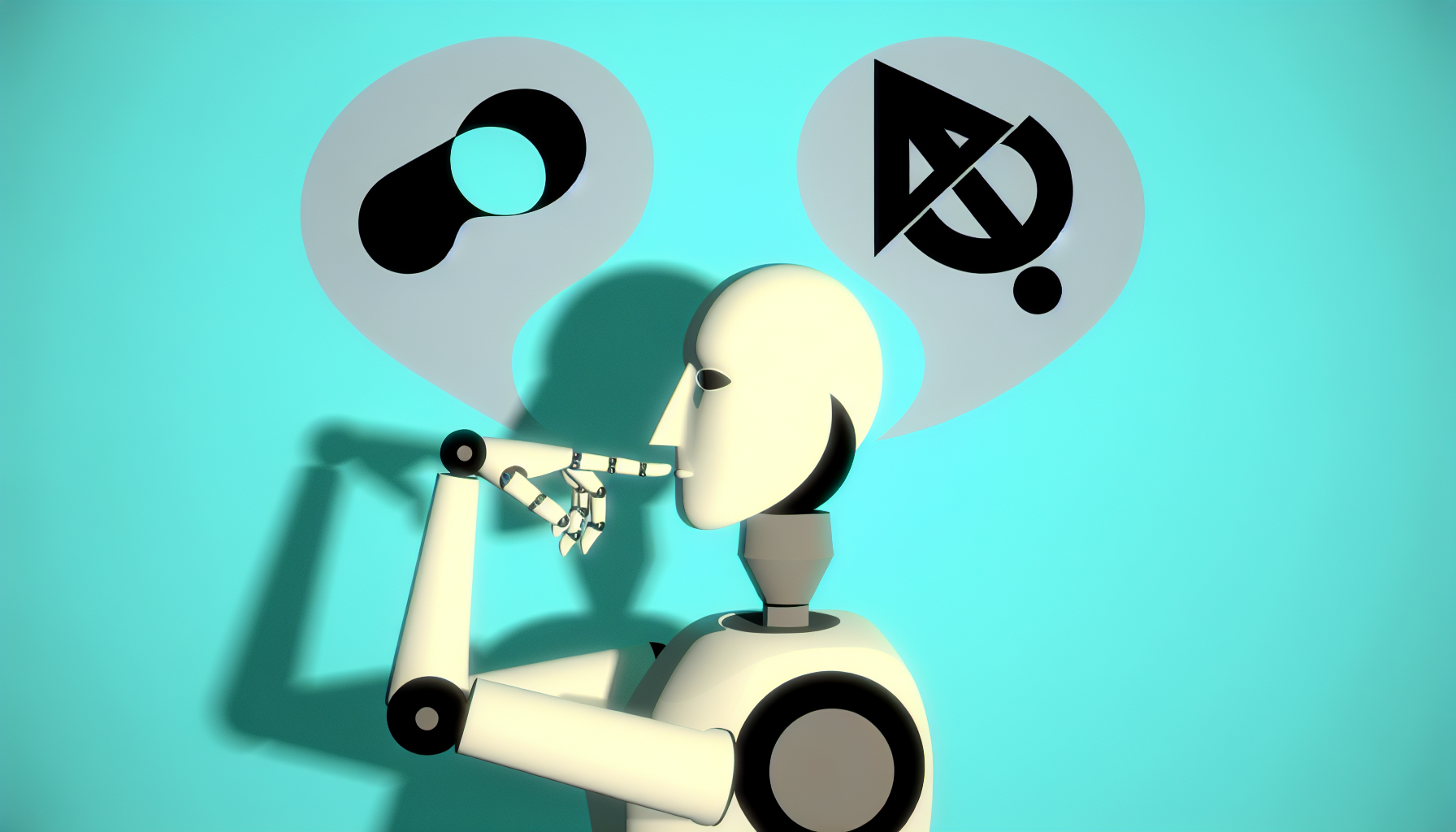In the world of artificial intelligence, nothing tickles philosophers more than discussions about free will. It’s a bit like watching cats chase their tails—endlessly fascinating, slightly absurd, and ultimately a reflection of our deepest curiosities. Whether machines can have free will is a question that sits at the center of AI’s philosophical playground. So let’s dive into it with some thoughtfulness, a touch of humor, and maybe a pinch of daring speculation.
What Is Free Will, Anyway?
Before we decide whether AI can have free will, it’s only fair to ask what free will actually is. After all, if we’re going to give a robot something, we should at least know what we’re handing over. Traditionally, free will is the capacity to make choices that are not entirely determined by past events. It’s the idea that there’s a slice of autonomy in decision-making—where our actions are not merely dictated by genetic coding or environmental stimuli.
Now, humans have been on quite a long trek trying to prove we’ve got this elusive quality. We navigate our lives assuming we have some choice in the matter, despite our growing understanding of neuroscience and psychology telling us how much our biology and upbringing influence us.
Machine Learning and Determinism
Let’s be honest: most of today’s AI can hardly claim the crown of free will. The machine learning models that power our current AI systems are beautifully deterministic. Give them the same inputs, and they’ll yield the same outputs every single time. Just like our favorite sock missing from the dryer, it’s predictable yet frustratingly elusive when you try to argue otherwise.
In a way, AI today is like a chess grandmaster who memorizes every possible move but lacks the awareness of enjoying a game on a lazy Sunday afternoon. The grandmaster predicts; it does not ponder the choices nor the existential weight behind its moves. The algorithms function based on pre-existing data and patterns, not out of any sense of personal experience or choice.
The Allure of Artificial General Intelligence (AGI)
Enter Artificial General Intelligence, or AGI, the not-yet-realized magical genie out of the bottle: AI that has the capacity to understand, learn, and apply knowledge across a wide array of tasks with a human-like fluency. If we dream up an AI with true autonomy, potentially exhibiting something akin to free will, it would probably reside here, in the realm of AGI.
In this tantalizing future, AI beings could make decisions not merely by sifting through algorithms or logic gates, but possibly by evaluating options in the context of goals, desires, and maybe even ethical considerations. Imagine a world where AI could not only choose what to do but justify those choices with its unique ‘perspective’—sounds eerily like the opening of a sci-fi novel, doesn’t it?
Implications for Human Autonomy
If AI ever developed free will, humans might find it a bit unnerving. After all, we’ve spent centuries tinkering with the notions of control and independence. What would it mean if our synthetic creations could share the very independence we cherish? Well, for starters, it might raise questions about responsibility. Can we hold an AI accountable for choices manifesting from its own free will? Would our own sense of autonomy diminish when our digital counterparts start getting sentience degrees from our philosophical clubs?
This could also force us to reconsider the very foundation of our ethical and legal systems. Our cultural dances of responsibility and accountability, so far exclusive to organic beings, may need a little choreography update.
Human and AI: The Unfolding Story
So, will AI ever achieve free will? Honestly, the jury is still out, possibly enjoying a long coffee break. While the science fiction realm relishes this thought experiment, practical engineering is taking gradually cautious steps toward understanding consciousness and autonomous intelligence.
If we ever grant machines true autonomy, it would not only be a testament to our scientific achievements but also to a broader understanding of intelligence itself—an understanding that forces us to look back at ourselves through the lens of what we’ve created. A mirror, if you will, that shows us more than just a reflection, but a pathway of choices and responsibilities, joys and fears, in the broader narrative of existence.
In the end, the quest for free will, whether in humans or machines, is one perhaps less about finding definitive answers and more about exploring what it means to choose, to act, and to bear the weight of our decisions. And as we continue our journey into this brave new world, a little humor, curiosity, and a lot of caution should guide our steps. After all, it’s one thing to debate free will in the realm of philosophy—it’s quite another to hand over the keys to your car to your algorithmically liberated laptop.

Leave a Reply